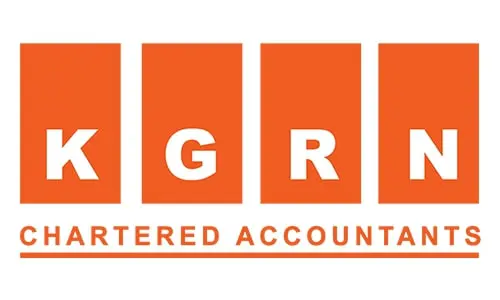Top Audit trends to prepare for in 2021: Global developments relating to the Covid-19 pandemic have also impacted the work of auditors. Uncertainty and unpredictability may create risks of material misstatement that are new, or intensified, in the circumstances. When planning the audit, auditors may not have considered these risks or may have considered identified risks differently.
Entities being audited are adjusting to the changing environment relating to their businesses and operations, including financial reporting processes, disclosures in the financial statements and their ability to maintain operations in the foreseeable future.
Similarly, auditors must adjust how they obtain sufficient and appropriate audit evidence on which to base their audit opinion, despite challenges such as access to people or information, revising the identification and assessment of certain risks of material misstatement, and changing planned audit procedures or performing alternative or additional audit procedures as appropriate. Auditors may also discover that current circumstances provide opportunities to do things differently, such as using new technology or flexing the use of existing technology resources.
Regular communication between auditors and management and the audit committee is essential to overcome the challenges and enable the audit to be completed. When the audit was planned initially, the risks caused by the pandemic may not have been considered or the way that identified risks were considered was very different from how they would be now.
The Covid-19 pandemic changed the audit environment because:
- Entities being audited are operating in a changed environment, their business may have been disrupted and evolving risks and impacts have to be disclosed;
- Auditors have to perform their audit in different ways, encountering challenges in performing the originally planned procedures and accessing sufficient evidence;
- Auditors started using new technology applications or their existing applications in different ways;
- There are changes in the reporting and external environment because of guidance on the application of accounting standards and regulation, and new transactions.
Lastly, other changes in the environment and financial reporting chain may also impact the audit, such as changes in the applicable financial reporting standards, changes in laws or regulations, or new transactions for the entity such as the receipt of subsidies.
Changes in how, and where, auditors are undertaking their work may necessitate firms to respond to the changing environment, for example by considering quality control policies and procedures relating to direction and supervision of engagement teams and the review of their work. At the engagement level, auditors should have heightened awareness of the possibility of fraud or error, including fraudulent financial reporting, with the importance of the exercise of professional skepticism top of mind in performing audit procedures.
The following matters shall be considered in framing & performing the audit procedures:
ISA 315 Identifying and assessing the risks of material misstatement:
- The impact to the planned audit approach of new or revised risks that have arisen because of Covid-19
- Possible revisions of risk assessments already made
- The impact of changes to the auditor’s understanding of the entity’s system of internal control, including:
- The control environment
- Changes to the planned reliance on controls in determining responses to identified risks of material misstatement
ISA 330 Responding to assessed risks:
- Changes needed to planned responses arising from the impact of environmental developments, such as the ability to obtain sufficient and appropriate audit evidence. For example, making alternative arrangements for physical stock count
- To focus more on, the auditor’s evaluation of the overall presentation of the financial statement, whether sufficient appropriate evidence obtained.
ISA 560 Auditor’s responsibilities relating to subsequent events:
- Shifting the reporting deadlines will increase the period and associated risks of the events occurring after the balance sheet date, but before the date of Auditor report.
- Identification of any material subsequent events related to covid-19, and whether these have been appropriately addressed or disclosed in the financial statements in
accordance with the financial reporting framework.
ISA 570 Auditor’s responsibilities relating to going concern:
- Impact of the pandemic on the auditor’s evaluation of the management’s assessment of the going concern
- Reconsideration of the appropriateness of the use of going concern basis for the preparation of the financial statements.
ISA 700 & 701 Forming an opinion and reporting on financial statements:
Focusing on the following important matters
- Areas that may require management to provide further evidence due to fast changing nature of the issue
- New uncertainties introduced by the pandemic
- The impact of new or changed laws or regulations on the financial statement
- To include key audit matters in the report, where appropriate
Along with this, various other matters shall be considered by the auditor in view of the ongoing pandemic.
Our Services
Top Audit Firms in Dubai, UAE 2023
Top Audit Firms in Dubai, UAE 2022
Accounting and Bookkeeping services in Dubai
Tag: top audit firms dubai, audit firms in dubai list, audit firms hiring in dubai, audit firms in business bay dubai, best audit firms in dubai, ca firms in dubai, audit firms in dubai, audit company in dubai, leading audit firms in dubai, small audit firms in dubai






